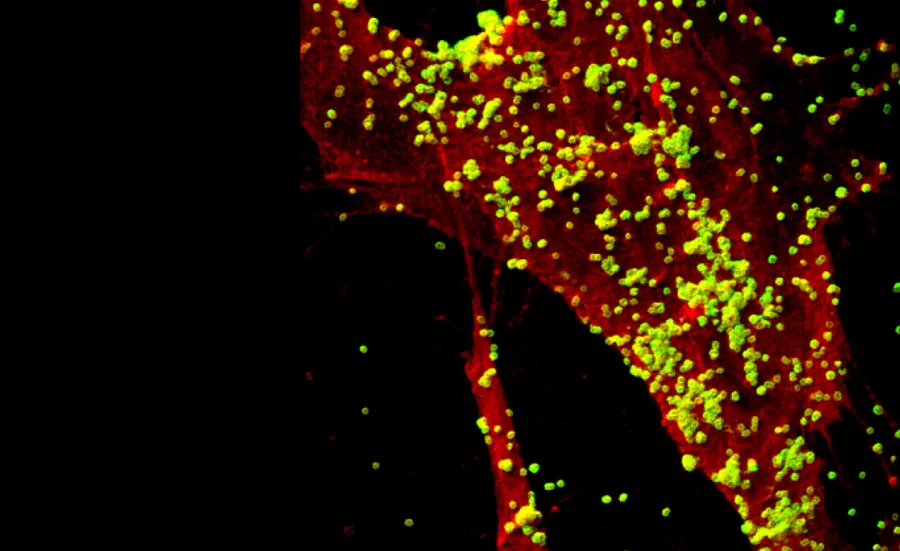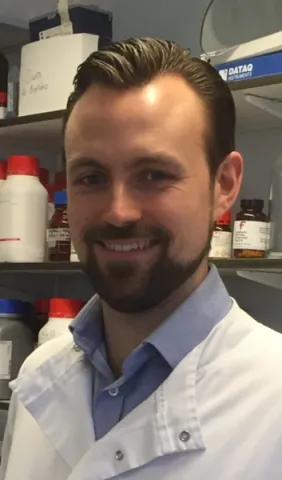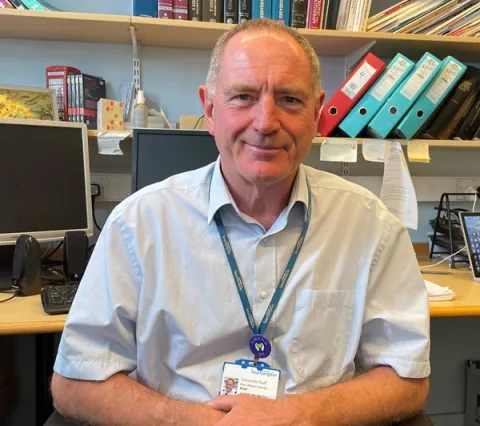Infection

We explore pathogens causing infectious diseases of global importance. Our research involves understanding how pathogens interact with their hosts and using this information to develop new vaccines, antimicrobials and diagnostics.

We explore pathogens causing infectious diseases of global importance. Our research involves understanding how pathogens interact with their hosts and using this information to develop new vaccines, antimicrobials and diagnostics.

The group’s aims are broad within the remits of infection, immunology and inflammation. We seek to understand how pathogens causes infectious diseases and use this information to design new vaccines and diagnostic assays.
We are also engaged in the fight against antimicrobial resistance, where bacteria, fungi, parasites and viruses adapt to the overuse of antibiotics and drugs to become more dangerous and intractable pathogens. Our areas of focus include respiratory diseases, sexually transmitted diseases, liver disease and fundamental studies into associated immunological processes. A particular strength is global outreach, with many researchers within the group sharing extensive international collaborations.
Our main research areas include:
Join our community of academics discovering solutions to some of today’s key global healthcare challenges. Our research is having an impact in areas as diverse as asthma, osteoporosis, antibiotic resistance, developmental origins of adult disease, liver disease and diabetes.








